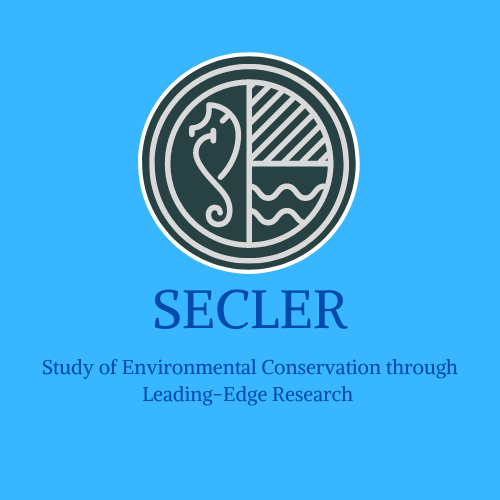Date of Creation
Spring 3-4-2020
Document Type
Dataset
Abstract
Port sediments are often contaminated with metals and organic compounds from anthropogenic sources. Port dredging can remobilize contaminated sediments, resulting in harmful impacts to the benthic community. Twelve sediment cores were collected from four Port Everglades, Florida sites and a control site; surface sediment was collected at two nearby coral reef sites. Sediment cores, sampled every 5 cm, were quantified for 14 heavy metals using induced coupled plasma mass spectrometry (ICPMS). Geo-accumulation index shows moderate-to-strong contamination of As and Mo in port sediments, and potential ecological risk indicates moderate-to-significantly high overall metal contamination. Arsenic port sediment concentrations exceed threshold effect level (TEL) and probable effect level (PEL) while Mo exceeds background continental crust level by threefold. Control site sediments exceed TEL for As, while the reef site has low to no overall heavy metal contamination. Remobilization of the Port Everglades contaminated sediment has the potential to harm the threatened adjacent coral communities.
Recommended Citation
Giarikos, Dimitri G.; White, Laura; and Hirons, Amy C., "Assessing the Ecological Risk of Heavy Metal Sediment Contamination from Port Everglades Florida" (2020). SECLER Data. 1.
https://nsuworks.nova.edu/secler_data/1
Included in
Environmental Chemistry Commons, Environmental Indicators and Impact Assessment Commons, Inorganic Chemistry Commons, Natural Resources and Conservation Commons


